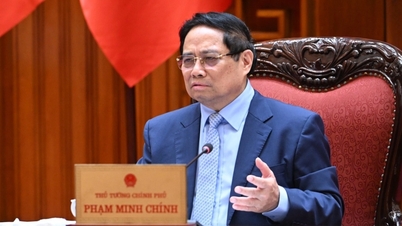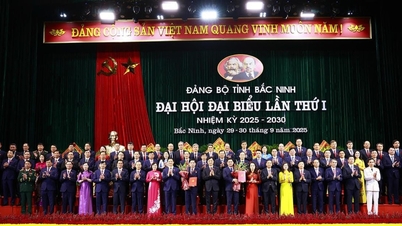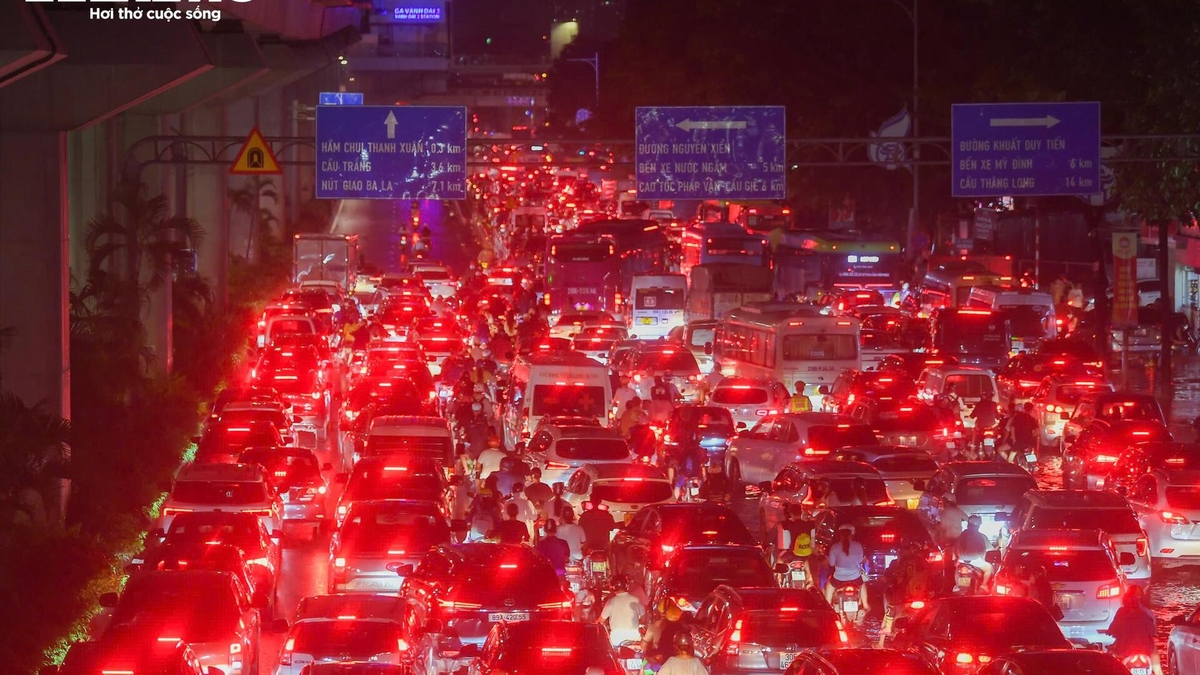The battle for AI talent is heating up in China as tech giants offer lucrative salaries to recruit top experts.
This week, Xiaomi will hold a special recruitment fair for AI experts in the fields of computer vision modeling, deep learning, autonomous vehicles, and natural language processing, according to a post on WeChat.
The company said candidates can skip written tests and be assessed directly by the respective business unit to speed up the hiring process.

Xiaomi is the latest in a long line of Chinese Big Tech companies rushing to add AI talent as they try to catch up with their American rivals in the emerging field. ByteDance, Baidu and Meituan have all stepped up hiring for AI positions.
In the first half of this year, domestic demand for AI personnel skyrocketed, especially natural language processing (NLP) experts. They are sought after by both large enterprises and startups, according to a report by Peking University and recruitment platform Zhilian Zhaopin.
The report shows that from January to June, the demand for NLP personnel increased by 111% compared to the same period in 2023. The average salary for these positions was 24,007 yuan, more than double the average 11,000 yuan for IT staff in China.
Demand for deep learning personnel increased by 61%, with an average salary of 26,279 yuan; with engineers specializing in robotic algorithms increasing by 76%; and those related to intelligent driving systems and navigation algorithms increasing by about 50%.
Companies' willingness to pay higher salaries reflects the urgency of their recruiting efforts, as well as the scarcity of AI talent in China.
Among the top cities, Beijing – home to many educational institutions, technology research facilities and startups – accounts for one-fifth of AI-related jobs in the country, the report said.
Beijing, along with Shenzhen, Shanghai, Guangzhou and Hangzhou, make up the country's top five AI development cities.
With vibrant economies , these regions have more resources to develop AI industries, while poorer regions risk being left behind, exacerbating the technology gap.
(According to SCMP)
Source: https://vietnamnet.vn/nong-cuoc-chien-san-nhan-tai-ai-tai-trung-quoc-2341871.html



![[Photo] Solemn opening of the 12th Military Party Congress for the 2025-2030 term](https://vphoto.vietnam.vn/thumb/1200x675/vietnam/resource/IMAGE/2025/9/30/2cd383b3130d41a1a4b5ace0d5eb989d)
![[Photo] President Luong Cuong receives President of the Cuban National Assembly Esteban Lazo Hernandez](https://vphoto.vietnam.vn/thumb/1200x675/vietnam/resource/IMAGE/2025/9/30/4d38932911c24f6ea1936252bd5427fa)
![[Photo] The 1st Congress of Phu Tho Provincial Party Committee, term 2025-2030](https://vphoto.vietnam.vn/thumb/1200x675/vietnam/resource/IMAGE/2025/9/30/1507da06216649bba8a1ce6251816820)
![[Photo] Panorama of the cable-stayed bridge, the final bottleneck of the Ben Luc-Long Thanh expressway](https://vphoto.vietnam.vn/thumb/1200x675/vietnam/resource/IMAGE/2025/9/30/391fdf21025541d6b2f092e49a17243f)





























































































Comment (0)